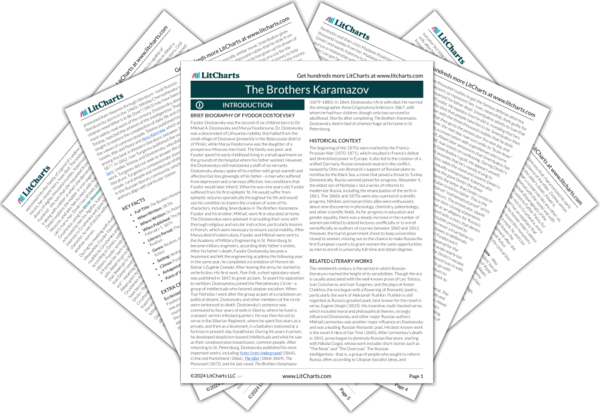also forbade further instruction. Then, one day, when was about fifteen, Fyodor notices the teenager “loitering by the bookcase and reading the titles through the glass.” There are many books in the house, though no one has ever seen Fyodor reading anything. He gives Smerdyakov the key to the bookcase. Smerdyakov dislikes the first book he reads, so Fyodor gives him Smaragdov’s
Universal History instead. Smerdyakov gets through about ten pages and finds it boring, so Fyodor locks the bookcase up again.
